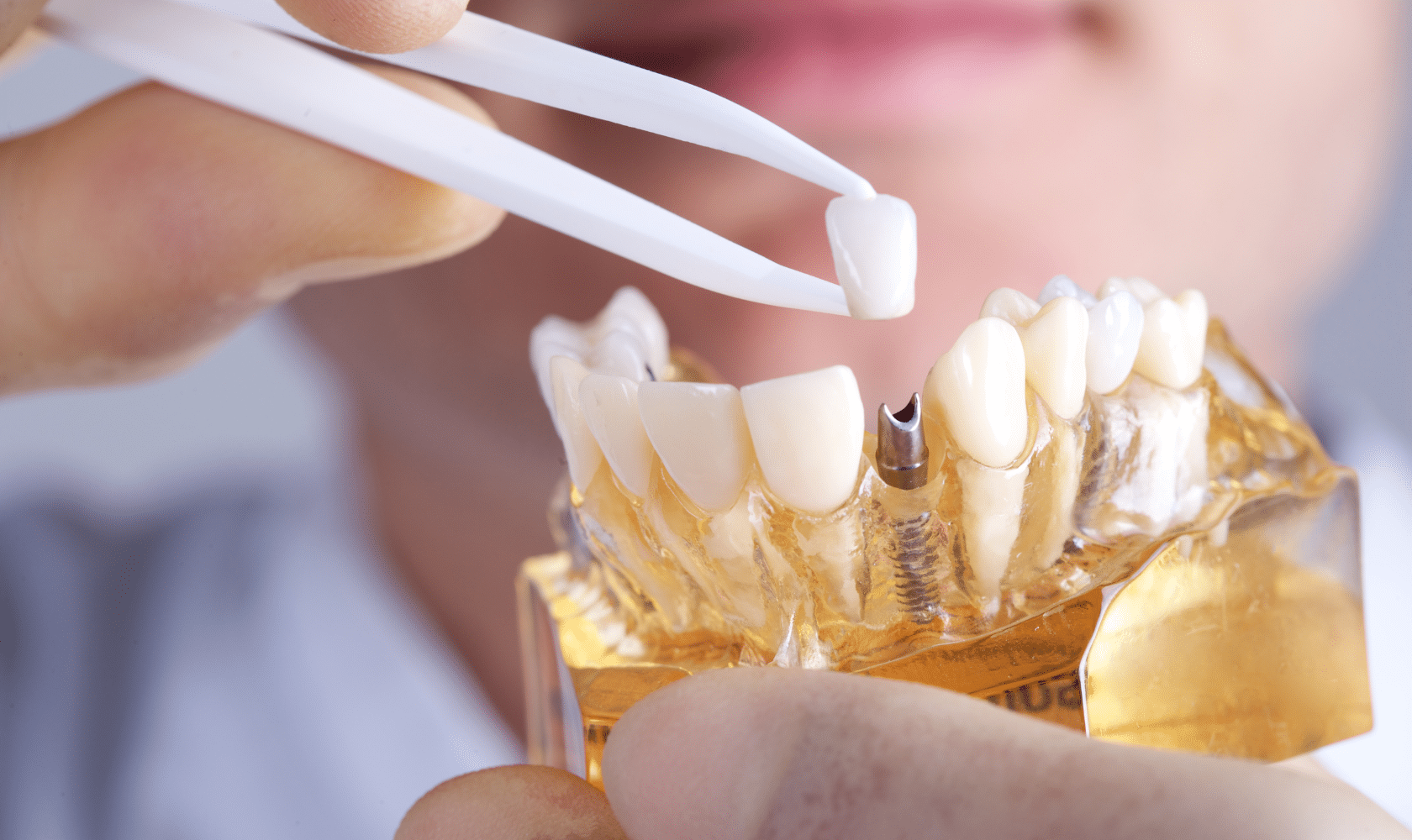
Are you considering dental implants but suffer from a medical condition? First, knowing when it’s safe (and unsafe) to proceed is essential. Of course, we all want healthy and beautiful teeth, but some underlying health problems can make the process more complicated. This blog post will explore which medical conditions are compatible with dental implant surgery and which could potentially cause complications. So let’s dive in and discover everything you need to know about the intersection of medical conditions and dental implants!
What are Dental Implants?
Dental implants are a type of dental prosthetic used to replace missing teeth. They are titanium screws placed into the jawbone and act as artificial roots. Dental implants can support one or more false teeth, also known as crowns. In some cases, implants can be used to support a dental bridge.
Dental implants are considered safe for most people, but some medical conditions may make them unsafe. These include:
- Autoimmune diseases: Conditions like lupus and psoriasis can make it difficult for the body to heal from surgery, which may increase the risk of implant failure.
- Bone diseases: Diseases that affect the density or quality of bone, such as osteoporosis, can make it difficult for implants to fuse with the jawbone. This increases the risk of implant failure or instability.
- Cancer: Active cancer cells can interfere with healing and increase the risk of infection after surgery. If you have cancer, you must be in remission for at least six months before considering dental implants.
- Diabetes: Poorly controlled diabetes can delay healing and increase the risk of infection after surgery. If you have diabetes, you will need to have it under control before considering dental implants.
Who is Eligible to Receive Dental Implants?
A nonsmoker with good oral hygiene and sufficient bone density in their jaw to support an implant is the ideal candidate for a dental implant. They must also be healthy enough to undergo the surgical procedure and have realistic expectations about what dental implants can achieve.
Patients with certain medical conditions may not be suitable candidates for dental implants. These include those with uncontrolled diabetes, autoimmune diseases, cancer, radiation therapy to the head or neck area, and heavy drinkers. If you have any of these conditions, please consult your dentist or oral surgeon to see if dental implants suit you.
Medical Considerations Before Receiving a Dental Implant
When considering dental implants, it is essential to consult with your doctor or dentist to discuss any medical conditions that may impact the success or safety of the procedure. Implants are not suitable for everyone, and certain health conditions may increase the risk of complications.
Some Medical Conditions That May Contraindicate Dental Implants:
-Autoimmune disorders such as rheumatoid arthritis -Active infections -Cancer (currently undergoing treatment or in remission) -Osteoporosis -High blood pressure -Diabetes -Smoking (heavy smokers have a lower success rate with implants)
If you have any of the above conditions, it does not necessarily mean you cannot get dental implants. However, discussing your case with a doctor or dentist before proceeding with the procedure is essential. They can advise whether implants are right for you and what precautions must be taken to ensure a successful and safe approach.
Conditions and Diseases That Make an Individual Ineligible for a Dental Implant
Many diseases and conditions make an individual ineligible for a dental implant. Some of these conditions include:
-Cancer: Dental implants are not recommended for cancer patients or those undergoing cancer treatment. This is because the surgery required for a dental implant can cause additional stress to the body, which may worsen cancer.
-Diabetes: Patients with diabetes are at increased risk for infection and should not undergo dental implant surgery.
-Heart disease: Patients with heart disease may not be able to tolerate the anesthesia required for dental implant surgery. Additionally, the risk of infecting the surgical site is higher in patients with heart disease.
-Kidney disease: Kidney disease can weaken the immune system and increase the risk of infection after dental implant surgery. Therefore, it is generally not recommended for patients with kidney disease to undergo this type of surgery.
-Liver disease: Liver disease can also weaken the immune system and increase the risk of infection after dental implant surgery. For this reason, patients with liver disease are typically not candidates for this procedure.
Tips for Managing Medical Conditions Before Getting a Dental Implant
First and foremost, ensuring that your medical condition is well-managed before considering a dental implant is essential. This means working with your primary care physician or specialist to get your situation under control. Additionally, there are a few other things to keep in mind when managing medical conditions before getting a dental implant:
- Check to see that all of your vaccinations are up to date. This includes the flu shot and any others recommended by your doctor.
- If you take any medications that can thin your blood, talk to your doctor before getting a dental implant. You may need to adjust your dosage or stop taking the drug altogether before the procedure.
- Quit smoking cigarettes for at least two weeks before getting a dental implant. Smoking can delay healing and increase the risk of infection after surgery.
- Eat a healthy diet rich in vitamins and minerals before your dental implant procedure. This will help promote healing and reduce the risk of complications after surgery.
Conclusion
Dental implants are a great way to improve your smile and address gaps in your teeth. However, before you proceed with dental implant treatment, it’s essential to consult with your dentist about any medical conditions or personal risk factors that may affect the safety and outcome of the procedure. By being aware of these risks, you can make an informed decision on whether you should proceed with dental implant treatment.
